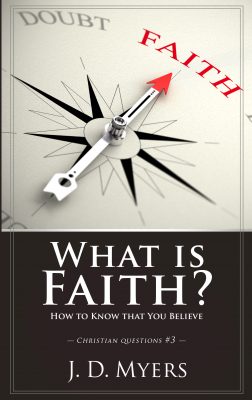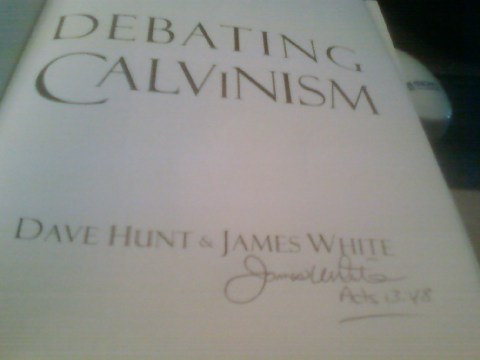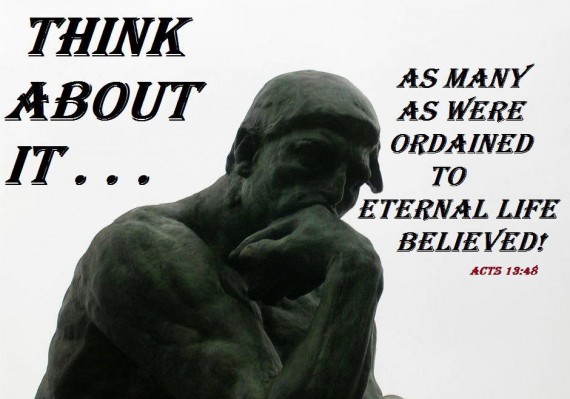 The Bob Dutko Show (noon – 4pm, Mon-Fri) is Detroit’s number one talk Christian radio show. He is heard on radio stations across the country, making him one of the most listened to Christian talk show hosts in the United States. Go here to learn more about Bob Dutko.
The Bob Dutko Show (noon – 4pm, Mon-Fri) is Detroit’s number one talk Christian radio show. He is heard on radio stations across the country, making him one of the most listened to Christian talk show hosts in the United States. Go here to learn more about Bob Dutko.
Today he interviewed me about my book, (#AmazonAdLink) What is Faith?
Here is a replay of this interview.






 Then the pastor goes on to tell the audience how they can have true and effective faith. Usually the pastor says that they need to “prove” the reality of their faith by their good works.
Then the pastor goes on to tell the audience how they can have true and effective faith. Usually the pastor says that they need to “prove” the reality of their faith by their good works. New Testament Greek Lexicons typically provides three basic definitions for pistis. When used with an article, as in “the faith,” it typically refers to the body of Christian beliefs that separates Christianity from other religious faiths. It is used this way thirteen times in the New Testament (cf. Acts 6:7; Rom 4:11; Gal 1:23).
New Testament Greek Lexicons typically provides three basic definitions for pistis. When used with an article, as in “the faith,” it typically refers to the body of Christian beliefs that separates Christianity from other religious faiths. It is used this way thirteen times in the New Testament (cf. Acts 6:7; Rom 4:11; Gal 1:23).


 And I mean REALLY loves them. No conditions. No limits. No ifs, ands, or buts.
And I mean REALLY loves them. No conditions. No limits. No ifs, ands, or buts. 
 Usually, when we think about God, we tend to put God in the place of these famous people we want to know. We think, “It would be so cool if God and I were on a first-name basis. If I could call God any time I wanted. If we could hang out like best friends.”
Usually, when we think about God, we tend to put God in the place of these famous people we want to know. We think, “It would be so cool if God and I were on a first-name basis. If I could call God any time I wanted. If we could hang out like best friends.” 





